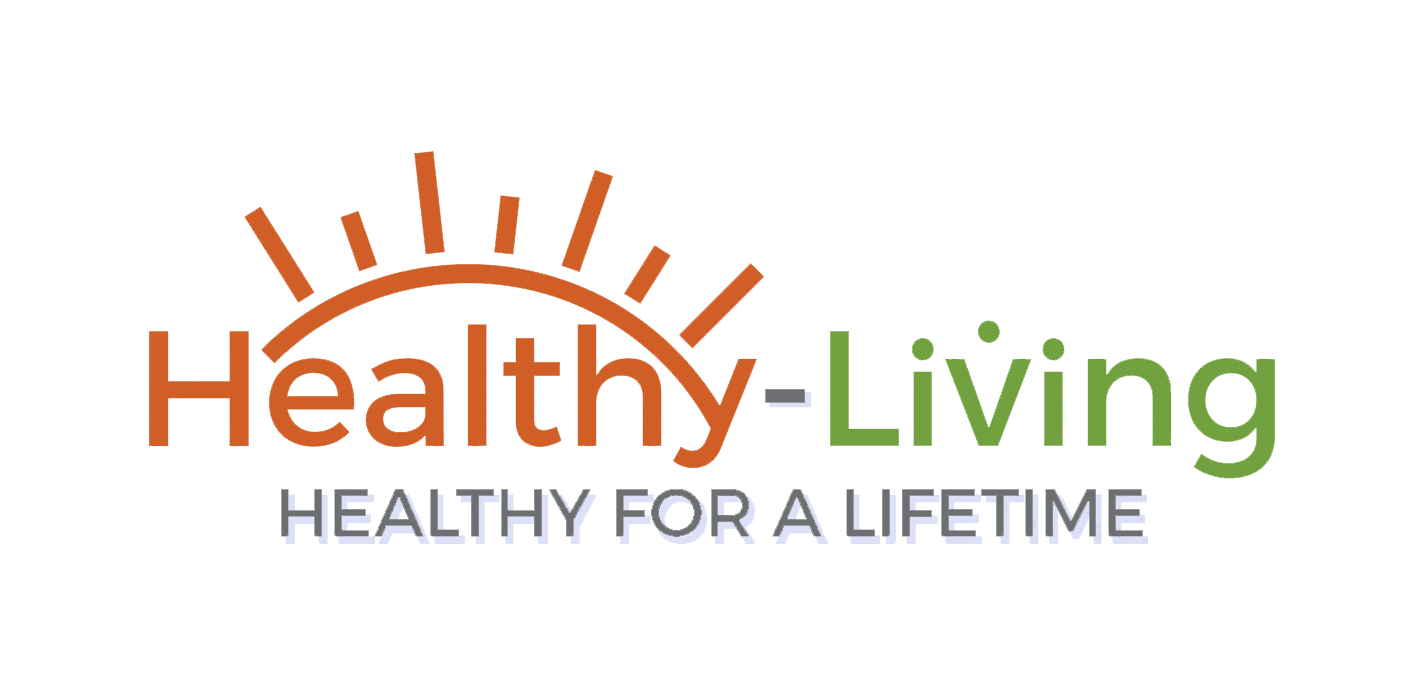What are the Benefits of B Complex Vitamins?
B vitamins are a group of nutrients that play many important roles in your body. Factors like age, pregnancy, dietary choices, medical conditions, genetics, medication, and alcohol use increase the body’s demand for B vitamins.
B vitamins impact metabolism by converting nutrients into energy your body can use, they act as antioxidants, are involved in hormone and cholesterol production, cell growth and division, and do so much more. B vitamins have also been shown to impact mood, including anxiety and depression. If you’re low in certain B vitamins, you may feel extreme fatigue, or have cognitive difficulties, including foggy thinking and short-term memory loss.
Each B complex vitamin works a little differently and impacts different aspects of health. Let’s talk about each one, to better understand the range of health issues impacted by B complex vitamins
Vitamin B-1 (Thiamine)
Thiamine was the first B vitamin that scientists discovered. It helps in changing carbohydrates into energy in the body, and also plays a role in muscle contraction and nervous system functioning.
Vitamin B-2 (Riboflavin)
Vitamin B-2 is important for the growth and production of red blood cells, as well as helping to release energy from proteins in the body. Riboflavin also acts as an antioxidant.
Vitamin B-3 (Niacin)
Niacin helps with the functioning of your digestive system, skin, and nerves and is important in converting food to energy. A niacin deficiency has been linked to cardiovascular disease, pellagra, which includes digestive issues, skin inflammation, and mental impairments.
Vitamin B5 (Pantothenic acid)
Pantothenic Acid helps the body metabolize food and is important to the growth process and in making fatty acids. B5 is also connected to the production of hormones and cholesterol. B5 helps speed wound healing and helps prevent joint stiffness and pain.
Vitamin B6 (Pyridoxine)
Vitamin B6 helps create antibodies, maintain nerve functioning, metabolize amino acids, break down proteins, keep blood sugar within normal ranges, and helps in red blood cell production and in creating neurotransmitters.
Vitamin B7 (Biotin)
Biotin is an essential component of a numerous enzymes that enable several metabolic pathways in the human body, including metabolism of fats and carbohydrates. It's also essential to protein synthesis of many amino acids. Biotin is essential for healthy nerve function, hair, skin, and nails.
Vitamin B9 (Folate)
Folate is one of the most talked-about B vitamins. It’s required for cell growth and amino acid metabolism, blood cell formation (both red and white), and cell division. Folate is particularly important before and during pregnancy, to help prevent birth defects in the baby’s brain or spine. A folate deficiency can cause fatigue, irritability, poor growth, and anemia. In severe cases, it can also contribute to low white blood cells and platelets
Vitamin B12 (Methylcobalamin)
The older we get, the more difficult it is for our bodies to absorb vitamin B12 from food. Digestive disorders can also be a factor in being unable to absorb enough of this vitamin. This vitamin is vital to neurological functioning, as well as playing an important role in metabolizing proteins and forming red blood cells. B12 deficiency can cause anemia and pernicious anemia, balance issues, numbness in arms and legs, and general weakness.
Frequently Asked Questions About B Vitamins
What Is Unique About Our Better B Complex?
Our Better B Complex formulation is extremely well absorbed and utilized because it includes intrinsic factor and the vitamin forms that the body most easily metabolizes and uses. Also, it is comprehensive, including not only the named B vitamins, but also co-factors such as Choline, Inositol and PABA.
What Age Should You Start Taking B Vitamin Complex Supplement?
At the age when you no longer eat enough B-Vitamins and or you have damaged your gastrointestinal health. That is probably now. Vitamin B12 absorption decreases with age. Therefore, definitely, consider adding B Vitamin Complex to your life by age 50.
What are Signs of B-Vitamin Deficiency?
B1 (Thiamine) - Signs of Deficiency
weight loss
little or no appetite
memory problems or confusion
heart problems
tingling and numbness in the hands and feet
loss of muscle mass
poor reflexes
B2 (Riboflavin) - Signs of Deficiency
skin disorders
sores at the corners of the mouth
swelling of the mouth and throat
swollen, cracked lips
hair loss
red, itchy eyes
anemia
cataracts
B3 (Niacin) - Signs of Deficiency
brown discoloration on skin exposed to sunlight
patches of skin with a rough appearance
a bright red tongue
vomiting, diarrhea, or constipation
headache
fatigue
depression
B5 (Pantothenic acid) - Signs of Deficiency
numbness and burning of the hands and feet
headache
irritability
restlessness and poor sleep
a lack of appetite
B6 (Pyridoxine) - Signs of Deficiency
anemia
scaling on the lips
cracks at corners of the mouth
swollen tongue
weakened immune system
confusion
depression
cataracts
B7 (Biotin) - Signs of Deficiency
thinning of the hair
a scaly rash around eyes, nose, and mouth
brittle nails
depression
fatigue
B9 (Folate) - Signs of Deficiency
weakness
headache
heart palpitations
irritability
sores on the tongue or in the mouth
skin, hair, or nail changes
B12 (Cobalamin) - Signs of Deficiency
fatigue
weight loss
constipation
loss of appetite
numbness and tingling in the hands and feet
memory problems
depression


